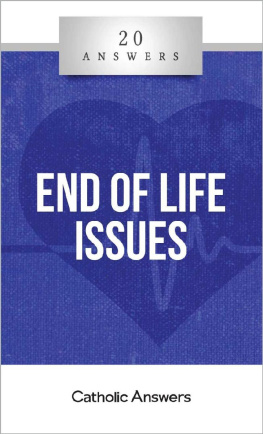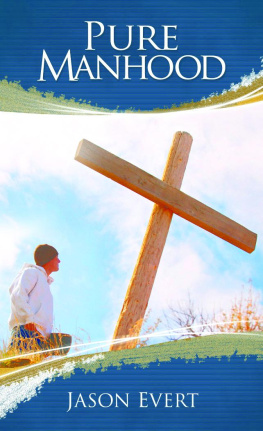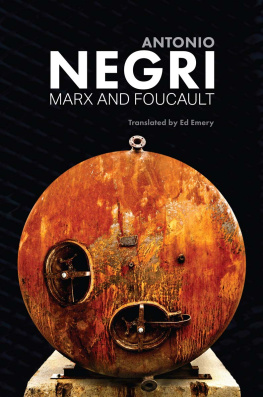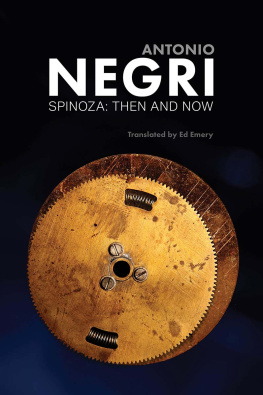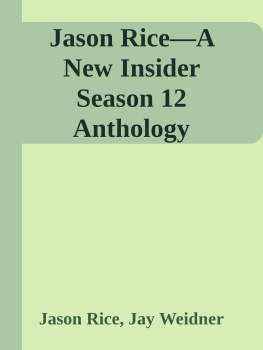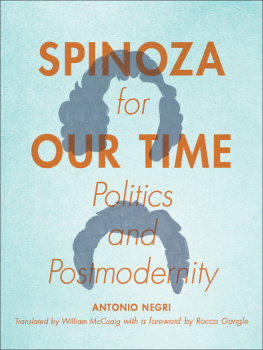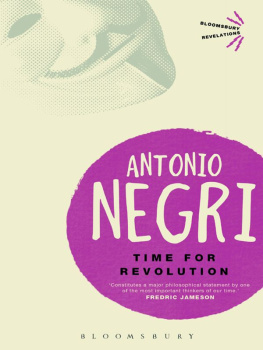Jason Negri - 20 Answers- End of Life Issues
Here you can read online Jason Negri - 20 Answers- End of Life Issues full text of the book (entire story) in english for free. Download pdf and epub, get meaning, cover and reviews about this ebook. year: 2016, publisher: Catholic Answers Press, genre: Religion. Description of the work, (preface) as well as reviews are available. Best literature library LitArk.com created for fans of good reading and offers a wide selection of genres:
Romance novel
Science fiction
Adventure
Detective
Science
History
Home and family
Prose
Art
Politics
Computer
Non-fiction
Religion
Business
Children
Humor
Choose a favorite category and find really read worthwhile books. Enjoy immersion in the world of imagination, feel the emotions of the characters or learn something new for yourself, make an fascinating discovery.
- Book:20 Answers- End of Life Issues
- Author:
- Publisher:Catholic Answers Press
- Genre:
- Year:2016
- Rating:3 / 5
- Favourites:Add to favourites
- Your mark:
- 60
- 1
- 2
- 3
- 4
- 5
20 Answers- End of Life Issues: summary, description and annotation
We offer to read an annotation, description, summary or preface (depends on what the author of the book "20 Answers- End of Life Issues" wrote himself). If you haven't found the necessary information about the book — write in the comments, we will try to find it.
20 Answers- End of Life Issues — read online for free the complete book (whole text) full work
Below is the text of the book, divided by pages. System saving the place of the last page read, allows you to conveniently read the book "20 Answers- End of Life Issues" online for free, without having to search again every time where you left off. Put a bookmark, and you can go to the page where you finished reading at any time.
Font size:
Interval:
Bookmark:
20 Answers
End of Life Issues
Jason Negri

20 Answers End of Life Issues
Jason Negri
2014 Catholic Answers
All rights reserved. Except for quotations, no part of this book may be reproduced or transmitted in any form or by any means, electronic or mechanical, including photocopying, recording, uploading to the Internet, or by any information storage and retrieval system, without written permission from the publisher.
Published by Catholic Answers, Inc.
2020 Gillespie Way
El Cajon, California 92020
1-888-291-8000 orders
619-387-0042 fax
catholic.com
Printed in the United States of America
ISBN 978-1-938983-96-2
ISBN 978-1-938983-97-9 Kindle
ISBN 978-1-938983-98-6 ePub
Introduction
We dont like to think about death. Indeed, our culture has come a long way from the medieval monks who each day would offer one another the sober greeting, Frater, momento mori Brother, remember your death. Still less do we want to talk about end-of-life issues. Theyre not subjects for polite conversation.
And yet death is the only certainty. Regardless of the worldly distractions with which we surround ourselves, regardless of our health, wealth, connections, or beliefs, regardless of whether we are ready for it, all of us will someday pass from this life . However unpleasant it may be, we ought to give this ultimate topic some attentionparticularly at this moment in time, when controversies over euthanasia, physician-assisted suicide, and the rights of the sick and disabled have reached a crossroads.
Thats what this booklet is for. Its a starting point, an introduction to certain end-of-life issues that many people havent considered or just dont understand. Its written from a Catholic perspective but is not just for Catholics or even religious believers. Since death is the only certainty, these moral and ethical issues will impact us all. I hope that the information presented here will give you a better understanding of those issues, and of the principles that should guide us in navigating them. I also hope it will encourage you to have frank conversations with your loved ones about your end-of-life wishes and theirs.
1. What is the difference between euthanasia and assisted suicide?
Its always good to begin by defining our terms. Euthanasia means intentionally, knowingly, and directly acting to cause the death of another personfor example, giving him a lethal injection. Assisted suicide is defined as intentionally, knowingly, and directly providing the means by which another person commits suicidesuch as giving him a prescription for a lethal dose of drugs. In both cases, the act is done ostensibly to relieve a patients suffering. (Indeed, the word euthanasia comes from the Greek for happy death.) The major distinction between assisted suicide and euthanasia is who does the act .
With euthanasia there is a further distinction: whether it is done with the patients consent (voluntary) or without it (involuntary).
Euthanasia has been around since ancient times, when a patient may have been killed in order to end suffering that was unbearable and otherwise untreatable. In cases of acute suffering, such as when death was imminent and unavoidable, and there were no options for pain control, we can perhaps understand the motive for this practice.
In the modern era, though, advances in medical technology have enabled us to provide relief from acute pain, and even to improve many debilitating conditions that would have been completely untreatable centuriesor even decadesago. Moreover, traditionally the purpose of medicine has been to preserve life, not to end it. The approach has been, Cure, and if you cannot cure, care.
This approach has been violated in some high-profile cases, such as that of Jack Dr. Death Kevorkian, a Michigan pathologist who made a name for himself in the 1990s with his mobile suicide machine. His stated practice was to assist patients in ending their lives by hooking them up to his suicide machine, then having them flip a switch that sent poison into their system. He also practiced euthanasia, and was ultimately convicted of murder in 1999.
Such violations aside, in most of the civilized world, including the United States, both euthanasia and assisted suicide are illegal. In a few places, however, the legal status of assisted suicide has changed from a crime to a medical treatment, and in others, voluntary euthanasia has become a legal and accepted way to end someones life. Well look at a few of these places later on.
2. Since suicide isnt against the law anymore, why should it be illegal to help someone commit suicide?
Its true that most countries no longer have anti-suicidelaws on the books. But we shouldnt conclude from this that our society now thinks suicide is acceptable. First of all, legality does not equal moralityin fact, history gives us many examples of things (for example, slavery) that were once legal but nonetheless gravely wrong.
Moreover, even though suicide is no longer illegal, our society still finds it tragic; its just our view of it has evolved. Rather than seeing suicidal tendencies as a crime to be punished, we came to realize that theyre often indicative of deep emotional pain, depression, or even a psychological disorder. Such a person needs helpnot jail.
Evidence of this changed attitude can be seen in the increase of suicide-prevention programs, and the requirement in many jurisdictions for medical facilities to commit anyone whom they believe to be suicidal. Despite its legality, suicide is still something we as a people want to prevent. Also, it should be remembered that there are over 30,000 suicides in America every yearfar more than there are homicides. This problem is already very real, despite our efforts to prevent it.
In contrast to committing suicide, assisting suicide is not the act of a desperate or a sick person who needs help; rather it is done by someone with independent and presumably sound judgmentsomeone who should be helping to alleviate anothers suffering, not helping that person kill himself. That is why, despite the decriminalization of suicide itself, assisting anothers suicide remains and should remain a crime.
3. What about freedom of choice? If someone finds life intolerable, why shouldnt he be allowed to kill himselfeven if it means getting someone to help?
From a Christian perspective, suicide is an offense against proper love of self, and an act that breaks the bonds of love and solidarity we have with family, friends, and God (see the Catechism of the Catholic Church 2281). Our lives are not our own; rather, they belong to God, and in justice we owe him stewardship of our life and health. Western cultures have traditionally drawn on this basic Christian ethic in opposing suicide.
But there is another reason why society should oppose suicide, a reason that has nothing to do with religious belief: Practically speaking, allowing suicideand permitting others to assist in itnot only makes the act more acceptable, it allows it to become systematized. Its important to understand this reason and be able to communicate it, especially as our culture grows more secular and rejects religious foundations for its morality.
When we come to see physician-assisted suicide (PAS) as just another medical treatment, it will take on the legitimacy of any other medical treatment. Like other legitimate medical treatments, in certain circumstances it will be looked upon not as an option but an expectationnormal practice. As it becomes a normal practice, there will be pressure on vulnerable patients to choose it; just to get out of the way and stop being a burden. Proponents of PAS who swear that it will always be a purely voluntary option fail to account for the realities of human nature. The mere availability of PAS is a coercive force. It will never be limited to those who choose it voluntarily.
Next pageFont size:
Interval:
Bookmark:
Similar books «20 Answers- End of Life Issues»
Look at similar books to 20 Answers- End of Life Issues. We have selected literature similar in name and meaning in the hope of providing readers with more options to find new, interesting, not yet read works.
Discussion, reviews of the book 20 Answers- End of Life Issues and just readers' own opinions. Leave your comments, write what you think about the work, its meaning or the main characters. Specify what exactly you liked and what you didn't like, and why you think so.

